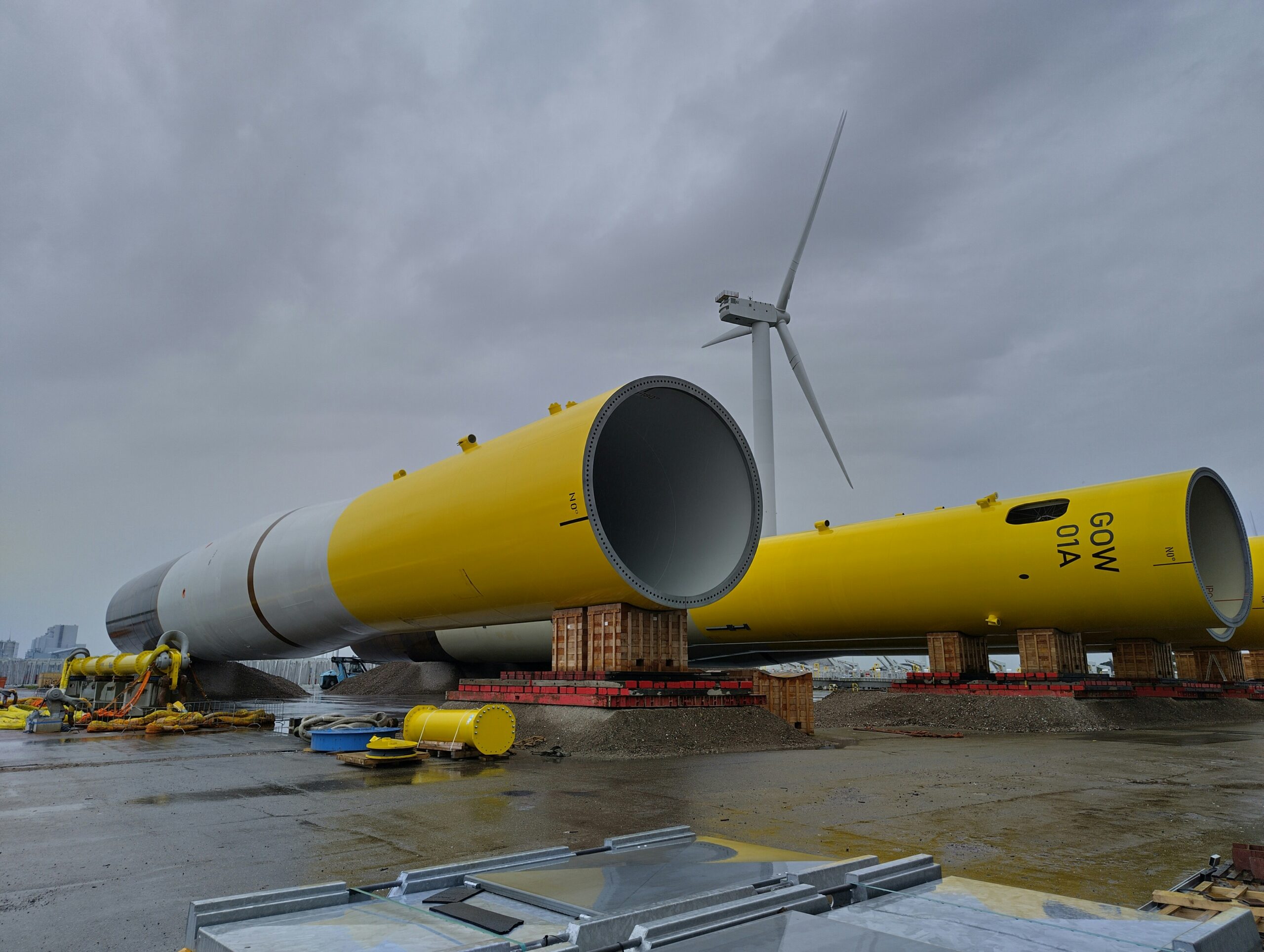Photo by Engineered Solutions
Historic auction failure signals crisis in German offshore wind policy
Germany’s latest offshore wind auction ended in unprecedented failure, with the Federal Network Agency receiving no bids for two North Sea sites offering a combined capacity of 2.5 GW. The German Offshore Wind Energy Association (BWO) announced that no bids were received for development zones N-10.1 and N-10.2, following a several-month-long auction process. The BWO described this as “a predictable failure caused by poor policy design.”
Stefan Thimm, BWO’s managing director, said: “The fact that not a single company participated in this auction is a foregone conclusion. The industry has been warning for years against burdening companies with too many risks.” He added: “The current rules force developers to shoulder risks beyond their control without any safeguards.”
Karina Wurtz, managing director of the Offshore Wind Energy Foundation, called the outcome “a clear alarm signal,” stating: “The loud silence of the market is a clear sign against the current tender design. This means that ‘business as usual’ is off the table.”
Negative bidding system under fire
The failed auction used Germany’s controversial “negative bidding” approach, where developers must pay for the right to build offshore wind farms without receiving government subsidies. Viktoriya Kerelska, Director of Advocacy & Messaging at WindEurope, described the result as “a wake-up call for the German Government,” arguing: “Negative bidding adds costs that make offshore wind more expensive and reduces the number of companies willing and able to participate in auctions.”
The foundataward ion revealed that June’s auction for area N-9.4 had already exposed structural weaknesses, with just two bidders participating and a final price of €180,000 per megawatt—more than 80% below the 2023 level.
Industry demands policy reform
Thimm argued: “The federal government must finally pave the way for a reliable CfD system alongside long-term electricity supply contracts. Contracts for Difference lead to a reduction in electricity generation costs of up to 30pc – the basis for competitive electricity prices. Without this reform, further auctions could fail – and with them the energy transition.”
WindEurope highlighted that most European countries have adopted Contracts for Difference as revenue stabilization mechanisms, noting that “Denmark was the latest country to switch its auction framework to CfDs after its 3 GW negative bidding offshore wind tender didn’t attract any bids last December.”
Broader implications for energy transition
The auction failure comes despite Germany’s ambitious offshore wind targets of 30 GW by 2030 and 70 GW by 2045. Thimm believes that the lack of reform jeopardises value creation, job growth, and progress on climate targets, despite the sector’s potential to mobilise over €200 billion in investment by 2045.
The foundation warned: “In this situation, Germany is in danger of losing sight of its offshore expansion targets.” Federal Minister for Economic Affairs and Energy Katherina Reiche acknowledged it would be “beneficial” for regulators to examine adjusting the tender design, with the areas set to be re-tendered next year.
